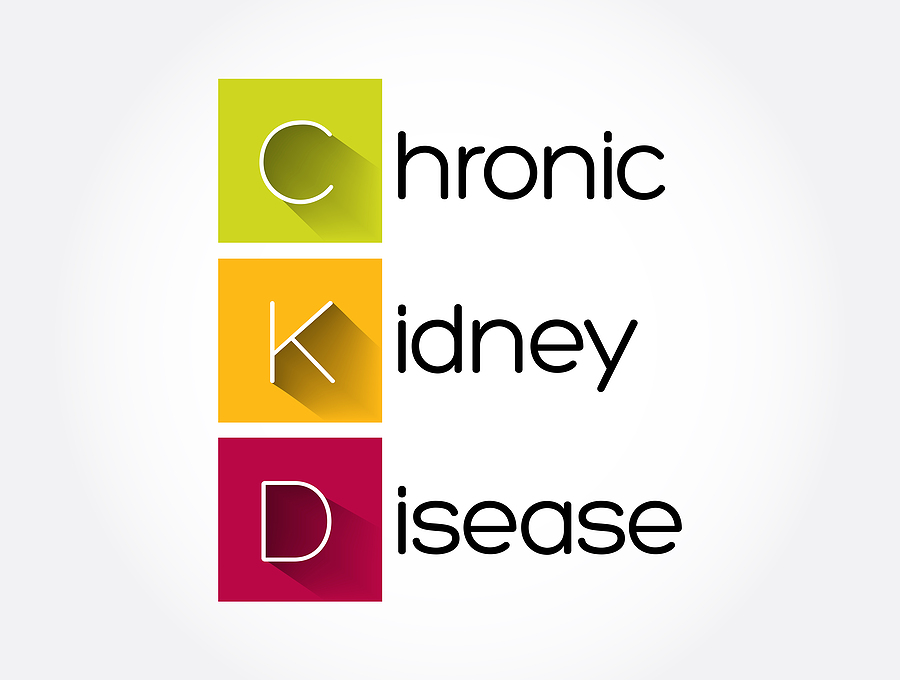Mental health among pilots has become one of the most widely discussed topics in modern aviation safety. High-profile tragedies, evolving scientific understanding, and recent reforms within the Federal Aviation Administration (FAA) have made the subject increasingly visible. Yet, much of the pilot community still holds outdated or incomplete views about how the FAA treats mental health diagnoses.
The truth is much different: the FAA does not stigmatize mental health conditions or punish pilots who seek help. Let that sink in.
In fact, the FAA has modernized its approach dramatically by expanding the list of conditions that AME can issue without deferral or prior review by the FAA. Many of these changes have been underway for years, but the Mental Health Aviation Rulemaking Committee (ARC) report published in 2024 brought more attention to the topic and momentum appears to be continuing.
To understand the FAA’s approach, pilots need to look past the myths and examine the reality: admitting a problem, receiving treatment, and returning to flight duties healthy is the safest—and often the fastest—way to preserve your flying career.
The FAA’s Risk-Based, Case-by-Case Philosophy
The FAA does not ground pilots simply for having a mental health diagnosis. FAA physicians and psychologists evaluate each case individually, asking only one central question: Can the pilot perform their duties safely?
This is the same risk-based approach used for physical illnesses. A pilot actively experiencing chest pain from coronary artery disease cannot fly, but one who receives appropriate treatment and demonstrated adequate recovery routinely regain their medical certification. Similarly, uncontrolled diabetes is disqualifying—but well-managed diabetes may be compatible with medical certification.
Mental health is treated no differently.
If a pilot is experiencing significant symptoms—severe anxiety, major depressive episodes, suicidal thoughts, or cognitive impairment—the FAA expects the pilot to step back from flying to prioritize health and safety. De-stigmatization does not mean turning a blind eye to risk. Just as with physical illness, the first step is treatment. The next step is recovery. The final step is return to flight status.
FAA ARC Recommendations and the Push to Modernize Mental Health Policies
In 2023–24, the FAA convened the Aviation Rulemaking Committee (ARC) on Mental Health, bringing together aviation medical examiners, airline representatives, labor groups, and mental health specialists. The ARC’s recommendations were clear [1]:
- Reduce unnecessary barriers for pilots seeking care.
- Increase transparency about mental health certification pathways.
- Expand the list of mental health conditions manageable at the AME level.
- Encourage early treatment rather than concealment.
The ARC’s work may have accelerated a multi-year modernization effort within the Office of Aerospace Medicine, though some insiders say the policy changes published several months later were already in-work when the ARC convened. Today, many pilots can be issued a medical certificate at the AME’s office without special issuance or FAA review—even while receiving treatment.
Conditions That Do Not Require Deferral or FAA Review
The FAA’s Anxiety, Depression, and Related Conditions Disposition Table—published in June 2024—lists several diagnoses that can be certified by an AME without FAA deferral, provided symptoms are well controlled and certain criteria are met [2].
According to that document, pilots with the following diagnoses may be issued a medical certificate without deferral when stable and treated:
- Generalized Anxiety Disorder
- Situational anxiety (aka adjustment disorder with anxiety)
- Social Anxiety Disorder
- Unspecified anxiety
- Postpartum depression
- Situational depression (aka adjustment disorder with depressed mood)
- Situational Anxiety and Depression (adjustment disorder with mixed anxiety and depressed mood)
- Unspecified depression
- Obsessive Compulsive disorder (OCD)
- Post-Traumatic Stress Disorder (PTSD)
- Uncomplicated Bereavement;
- Relationship distress with spouse or intimate partner
- Parent-Child relational problem; and/or
- Phase of Life Problem (problems adjusting to major life transitions such as newly retired, getting married, empty-nest, new career, becoming a parent, etc)
In a 2016 study of more than 1,800 pilots, a nontrivial number reported experiencing depression or suicidal thoughts while flying, often without seeking help due to fear of certificate loss [3]. Current certification policies are directed at changing that.
The FAA is not trying to catch pilots with mental health diagnoses; it is trying to get them healthy and keep them flying.
Why Seeking Treatment is the Best Option
Many pilots misinterpret “de-stigmatizing” mental health as meaning: Pilots should be allowed to fly even while significantly symptomatic. This is both unrealistic and unsafe.
A pilot in the middle of a major depressive episode, panic attacks, hallucinations, or suicidal ideation cannot reliably make complex operational decisions—just as a pilot with chest pain from coronary disease or uncontrolled diabetic hypoglycemia cannot.
Ignoring symptoms does not preserve a career—it jeopardizes it. Pilots who hide mental health problems may delay effective treatment, experience worsening symptoms, create safety risks for themselves and others, and potentially face legal or certification consequences later
By contrast, pilots who acknowledge symptoms early, engage in treatment, and follow evidence-based care typically regain medical certification faster and with fewer complications.
Aviation Safety Depends on Healthy Pilots—Mind and Body
A safe aviation environment requires pilots who are physically and mentally fit.
Just as no pilot expects to fly safely with uncontrolled diabetes, untreated coronary artery disease, or worsening vision, the same applies to mental health. Depression, anxiety, PTSD, and other conditions can affect cognition, reaction time, and judgment—especially when untreated.
De-stigmatizing mental health means encouraging treatment—not ignoring symptoms. The goal is to remove fear, not remove safety standards.
The Path Forward: Health, Honesty, and Long-Term Certification
Today, a pilot with a mental health diagnosis can seek therapy and continue flying or return to flying almost immediately after their symptoms improve.
Some can avoid FAA deferral entirely if their condition meets certain criteria, while application timelines for others, including those taking one of nine FAA-approved antidepressants, have improved dramatically.
The FAA’s approach rewards honesty and treatment—not silence.
Pilots should see mental health the same way they see heart disease or diabetes: a medical condition that can be treated, managed, and stabilized for a safe return to flying.
Sources:
[1] FAA, Mental Health Aviation Rulemaking Committee (ARC) Final Report, Federal Aviation Administration, Washington, DC, 2024.
[2] FAA, Anxiety, Depression, and Related Conditions Disposition Table, Office of Aerospace Medicine, Washington, DC, 2024. Available: https://www.faa.gov/ame_guide/media/Anxiety_Depression_Disposition_Table.pdf
[3] D. McLay Donnelly, M. G. Weisskopf, E. McNeely, T. S. Betancourt, and J. G. Allen, “Airplane pilot mental health and suicidal thoughts: A cross-sectional study,” Environmental Health, vol. 15, article 121, 2016





